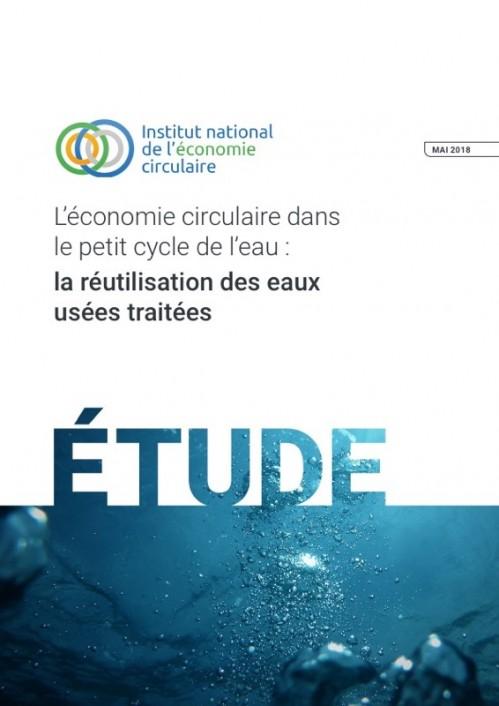Environment: Faced with the lack of water, recycle more used water | Imaz Press Reunion: Reunion news in photos<
But as demographic, environmental and climatic pressure mounts on the resource, recourse to this route promises to expand. Even France has just started to bring drinking water to the Vendée by 2024, the first project of its kind in Europe.
"The Réut is part of the solution: you reuse, you avoid drawing from the source," Richard Connor, editor-in-chief of the annual report on water published by Unesco, told AFP. “It will grow because many regions have no other choice,” he says. "So you might as well get started now, because the longer you wait, the more it will cost, if you then have to reform the treatment systems."
Its supporters put forward an "untapped resource", less expensive and energy-intensive than the desalination of seawater, the other great "unconventional" solution. Areas of great water risk are known: archipelagos, mountains, tropics, Far North. But more and more megacities are concerned, from Asia, Africa, the Middle East...
According to climate projections, precipitation should increase in winter in the north and decrease in many regions, especially in summer. And everywhere, 1°C more means 7% more water evaporation. Already, it is through water that change manifests itself: droughts, floods, melting glaciers, salt water intrusion, sea level rise... In France, the Vendée project announced in early July will be deployed on board of ocean, in a region highly dependent on surface waters.

The waste water will undergo two stages of filtration, then two stages of disinfection, before passing through a reservoir."15 years ago, the Réut was anecdotal, but we have since become aware of the water stress that threatens France: in two years, 90% of communities have been hit by a drought decree "restricting the use of water, underlines Nicolas Garnier, of the association of territories Amorce.
“Everyone has understood that we have to save the levies on the tablecloths”, he says, deploring however the slowness of the state on the passage to action.
- "Emotional subject" -
It is not necessarily a question of aiming for drinkability, estimates the UN: a human drinks “only” 4 to 6 liters per day (including cooking water). But to recycle for agriculture, which absorbs two-thirds of fresh water withdrawals, for industry, street washing, cooling power plants...
Richard Connor sees another advantage in this: an economic lever so that regions can finally acquire sanitation systems, a health issue and fundamental right of which 55% of the population remains deprived. Today, 80% of wastewater in the world is discharged into nature without any treatment, with all the pathogens it carries.
Treating this water for reuse, and also recovering the sludge produced to generate biogas and extract fertilizing elements (nitrogen, phosphorus) would be ways to make the facilities profitable. “Treating wastewater costs five times more than treating water from a river: we have to find a way to finance that,” says the expert. According to the UN, this phosphorus could meet 20 to 30% of the demand for fertilizers.
Remains an obstacle, psychological. "The use of water is an emotional subject", says Antoine Frérot, CEO of the water management group Veolia. "Pure water is a symbol of purity, dirty water a symbol of death. This is about questioning ancestral ideas, and you have to take your time to convince people that you can reuse water without danger. 'water already used for the first time'.
In terms of health, "we know how to do it", reassures Yves Levi, professor of public health. But "we must put the means", he tempers. Richard Connor suggests thinking about the astronauts of the ISS, who since the beginnings of the station drink the same water, repeatedly recycled. "None was sick," he said, convinced that opinion will evolve to overcome this "yuck factor".
AFP


 Tags:
Tags: Prev
Prev







